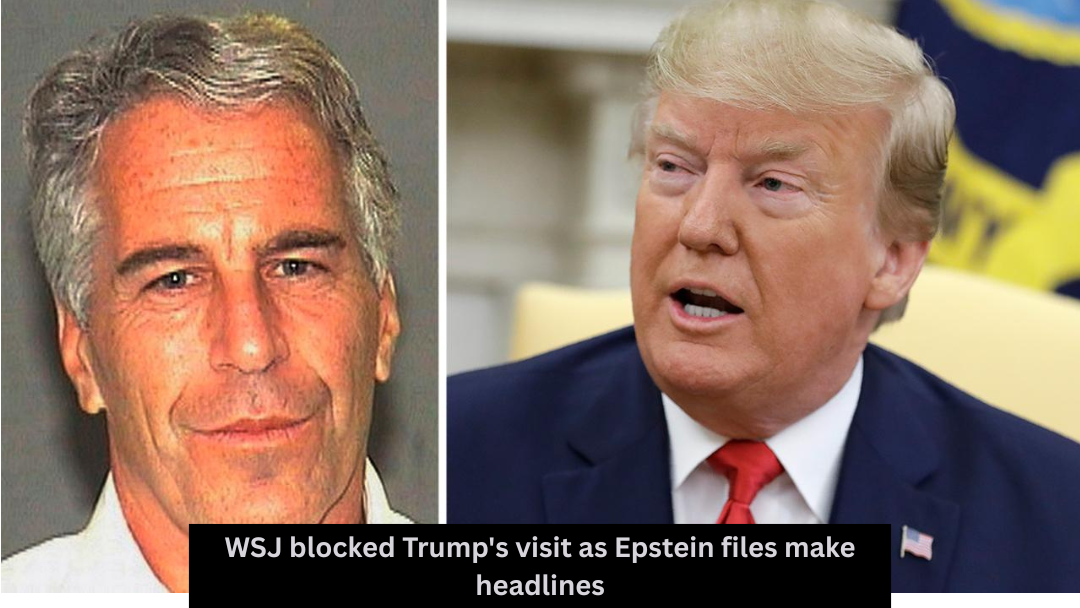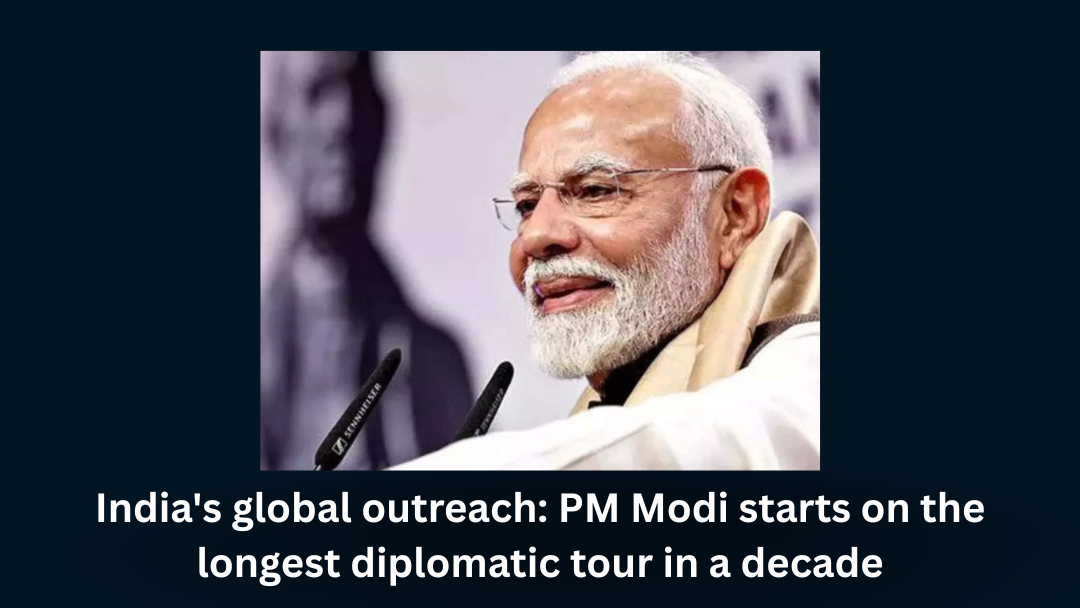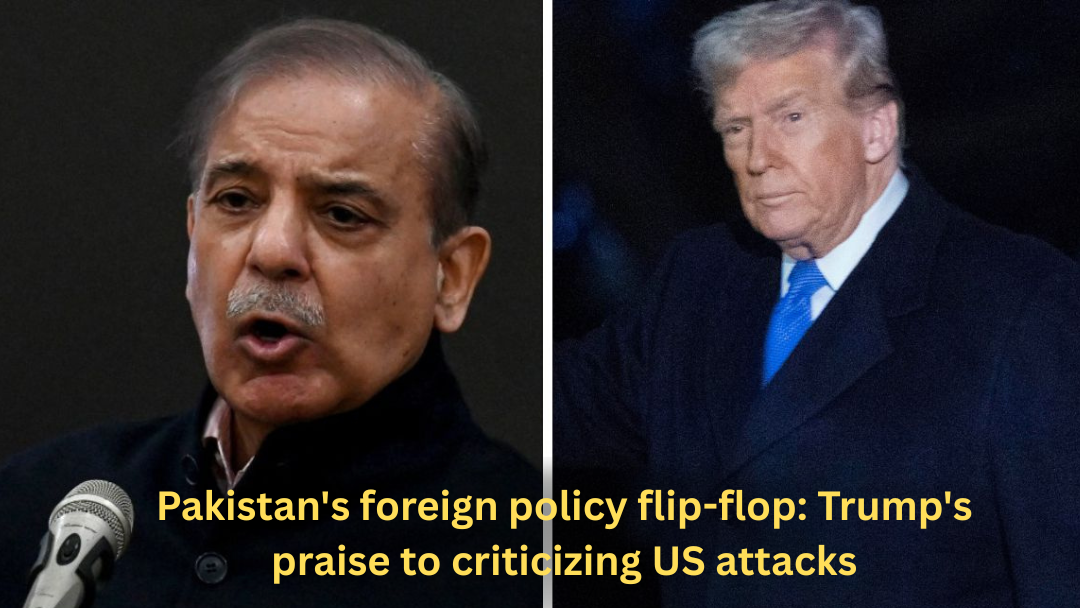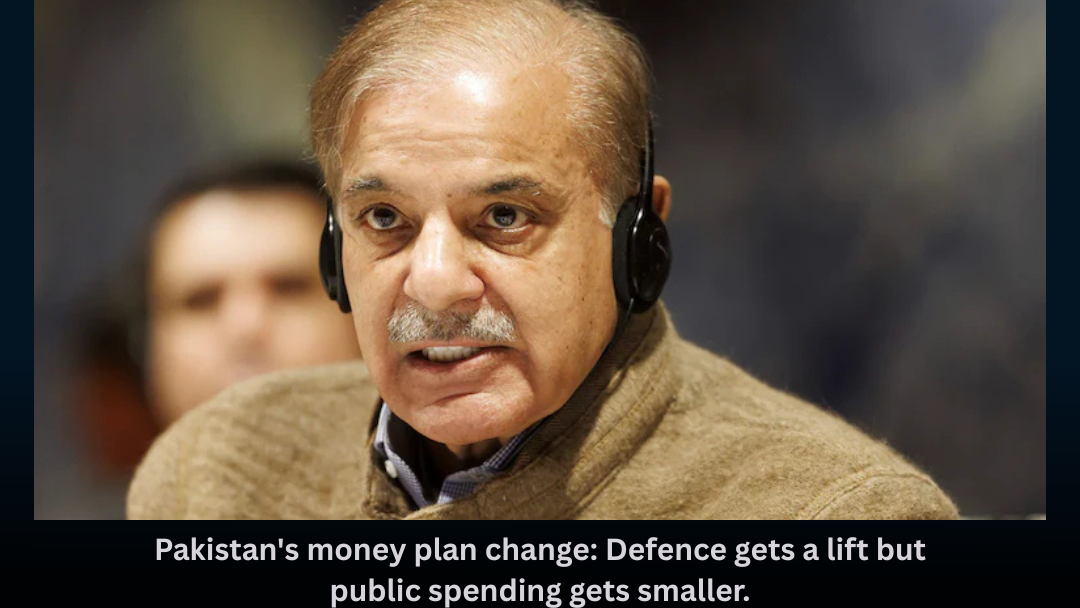US tariffs 2025 have sparked global economic alarm as former President Donald Trump’s sweeping trade policies push financial markets into turmoil. The newly announced tariffs—50% on imports from Lesotho, 46% on Vietnam, and 34% on China—mark a bold and controversial move under his “economic liberation day” campaign slogan. While Trump claims this will rebuild America’s economic independence, experts across the world warn this could backfire dramatically.
The initial impact has already been felt. Wall Street suffered its steepest decline since the COVID-19 crash of March 2020. The Dow Jones Industrial Average fell by 5.5% in a single day, the S&P 500 lost 6%, and the Nasdaq Composite entered bear market territory. Investors are reacting not just to the tariffs themselves, but also to the broader fear of retaliatory trade wars and rising global instability.
Analysts at Moody’s Analytics, including economist Mark Zandi, predict this could trigger a recession as early as Q3 2025. Inflation is expected to rise sharply due to increased import costs, while consumer purchasing power may shrink. Zandi estimated that the average American family could lose up to $3,800 annually due to higher prices caused by the tariffs.
Internationally, China was quick to retaliate with its own set of tariffs—levying a 34% import duty on U.S. goods. Other affected nations are expected to follow suit, raising the specter of a full-scale trade war. The CBOE Volatility Index (VIX), often called Wall Street’s “fear gauge,” surged nearly 51%, signaling heightened investor anxiety.
Key sectors took a hit: Technology stocks fell sharply, financial institutions like JPMorgan Chase and Citigroup saw declines over 7%, and even traditionally stable companies like Apple and Microsoft were not spared. The Russell 2000, which tracks small-cap companies, also entered bear market territory—often a sign of investor pessimism about domestic economic growth.
The political implications are equally significant. Trump’s supporters view the move as a long-overdue correction of unfair trade practices, while critics warn of global isolation and economic self-sabotage. Economists argue that protectionism at this scale risks long-term damage to supply chains and consumer access to affordable goods.
Many investors are now shifting toward safe-haven assets like gold and bonds, while central banks worldwide are being pressured to intervene. The U.S. Federal Reserve may consider interest rate cuts if market declines and inflation continue to worsen, although this could further complicate the already fragile economic landscape.
In short, US tariffs 2025 may reshape not only American trade relations but also the global economy. Whether this results in renewed manufacturing at home—or spirals into a prolonged recession—will depend on upcoming negotiations, retaliation strategies, and central bank responses in the weeks ahead.













Leave a Reply